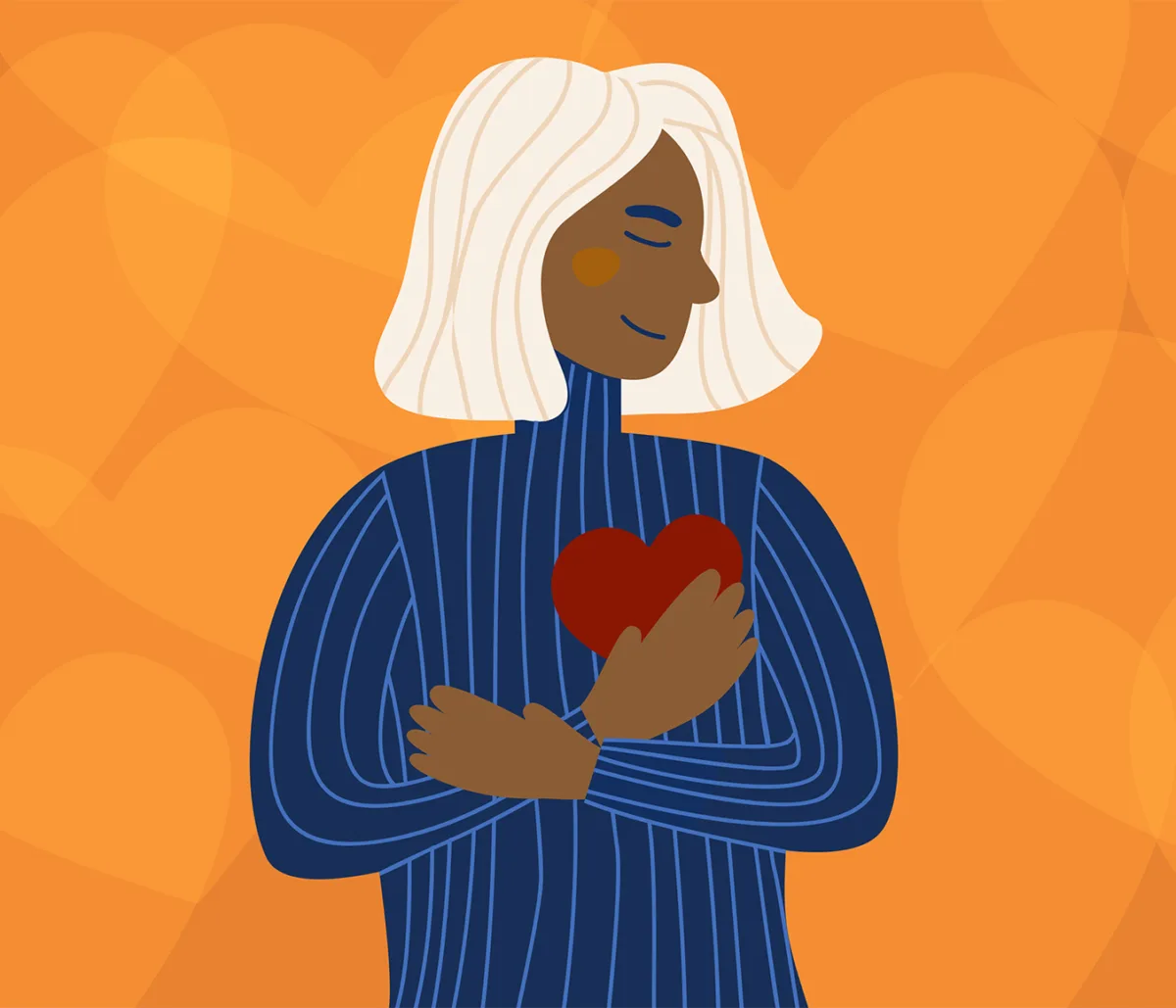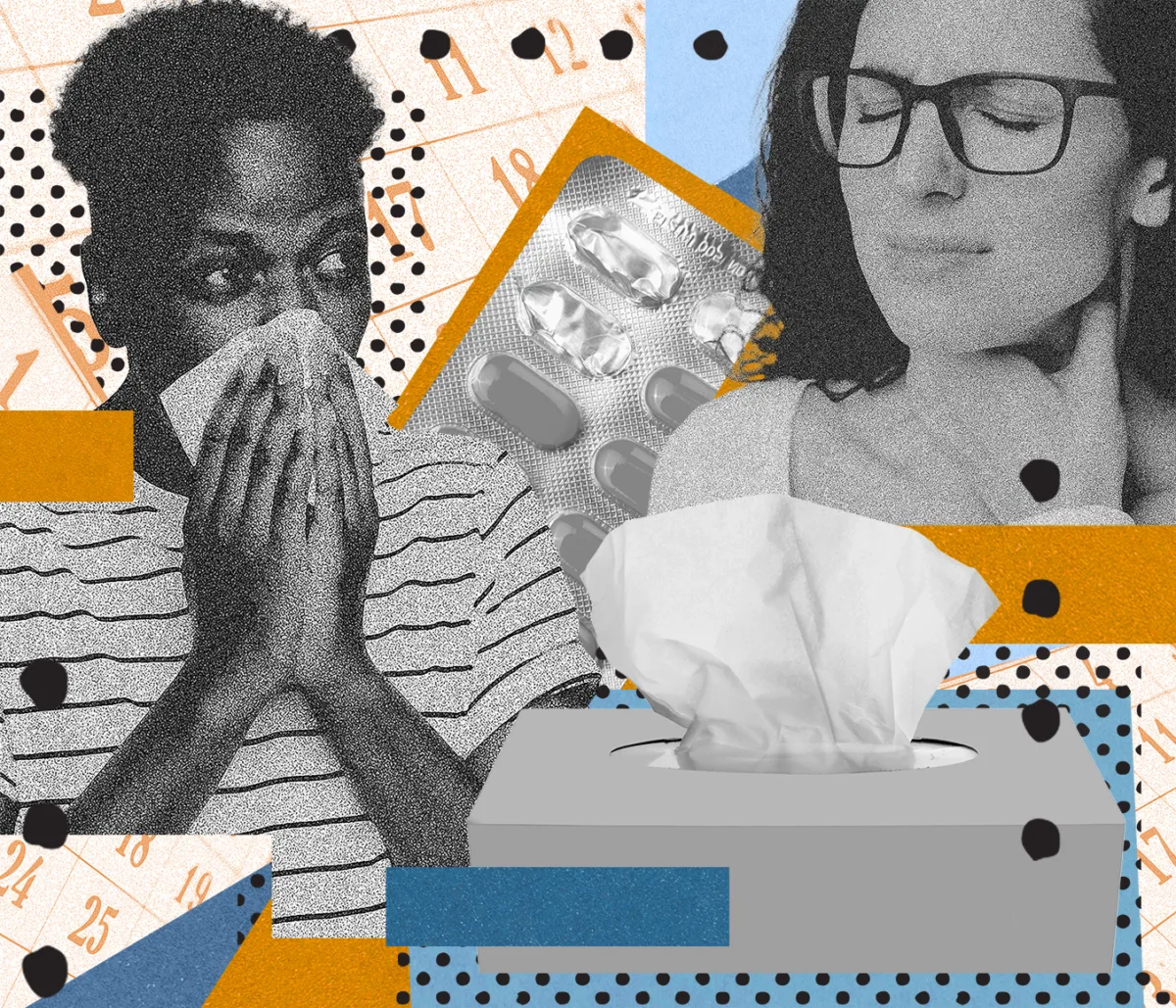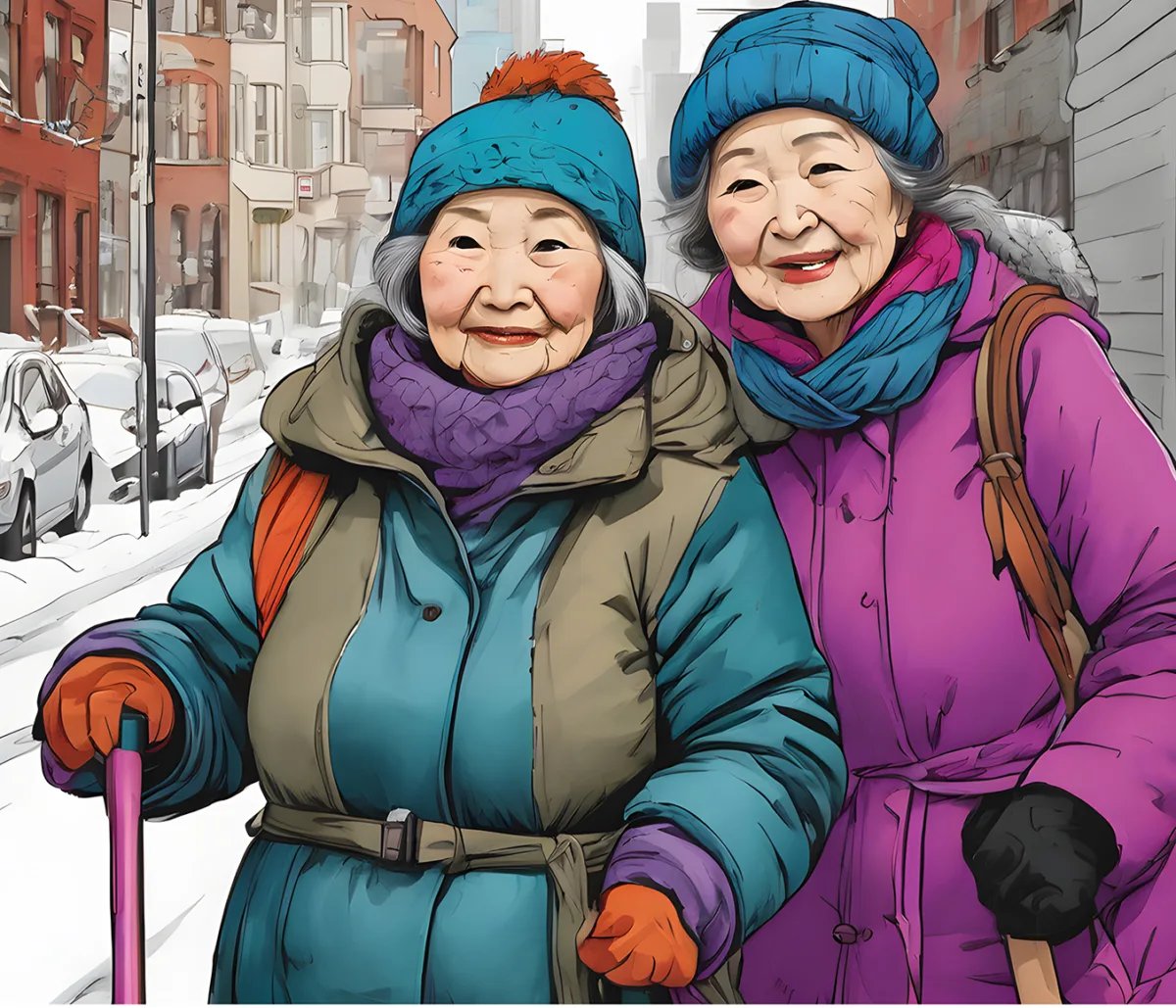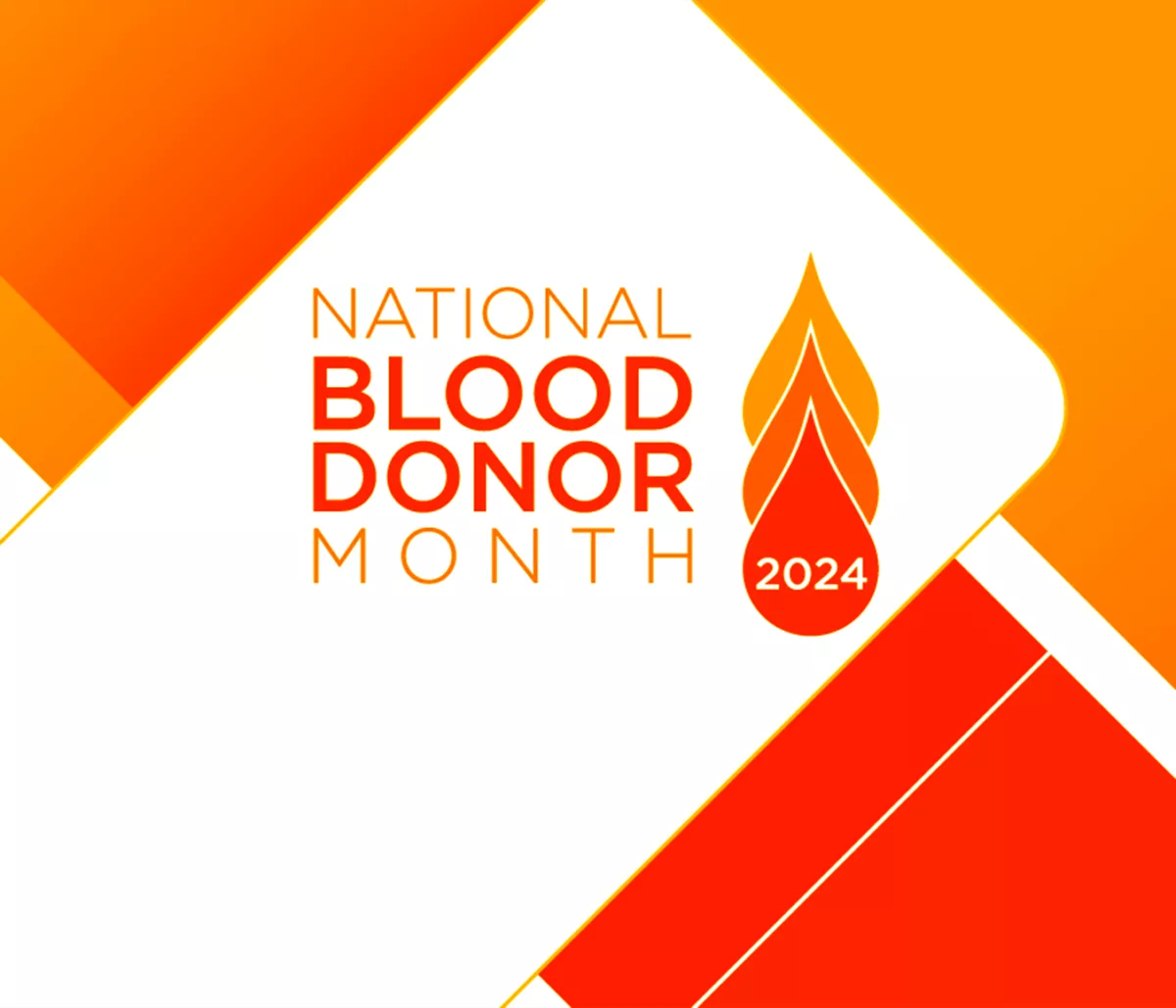Blogs
6 Ways to Prevent Heat Stroke in Seniors
August 22, 2022Heat stroke is a danger to all, but it is a severe risk for seniors. Older bodies are less sensitive to changes in temperature and can’t adjust either. So, seniors might not even notice that they’re overheating – until they become unwell. Chronic health conditions and common medications also make it harder for the body to respond to heat.
What is heat stroke?
Heat stroke happens when the body overheats, typically to 104 degrees Fahrenheit or higher. It’s a severe condition and requires immediate emergency treatment.
Heat stroke can damage the brain, heart, kidneys, and muscles if it's not treated. Plus, the longer it takes to get treatment, the higher the risk of severe complications or death.
Six ways to prevent heat stroke in seniors
- Understand your client’s health conditions
Check your client’s Plan of Care with the supervising nurse to determine if medications or treatments, like diuretics or low-salt diets, could affect how their bodies regulate temperature.
Ask if there are particular things you need to do immediately if you see signs of heat stroke. Common remedies like sports drinks or lots of water could harm some seniors.
- Identify heat stroke symptoms for fast treatment
Heat stroke symptoms include:
An extremely high body temperature (104°F or higher) or higher within 10 to 15 minutes
- Red, hot, and dry or moist skin
- Rapid, strong pulse
- Throbbing headache
- Dizziness
- Nausea
- Confusion
- Unconsciousness
If they are overheating, call 911 or their doctor to get professional medical attention as soon as possible. In the meantime, try to cool them down using the treatment methods listed. Untreated heat stroke can cause death or permanent disability if not treated.
- Encourage water intake and dress for the weather
Remind your client to drink water throughout the day. A body that’s hydrated feels cooler and regulates temperature better. But avoid water that’s too cold; it could cause cramps.
Convince them to wear as little clothing as possible and make clothes as light, loose, and breathable as possible. If they feel chilly, give them a bath towel as a light lap blanket.
- Get outside the house
If the house is too hot, you may need to go somewhere else to keep your client cool and comfortable. Remember to take precautions against Covid-19: wear a face mask, try to keep some distance from other people, and use hand sanitizer.
Senior-friendly places to find air conditioning:
Relative or friend’s house
Coffee shop or restaurant
Shopping malls or stores
Public library
Senior center or city recreation center
Electric fans can trick the body into thinking it’s more fantastic and do more harm than good, especially for older adults.
The CDC recommends using electric fans only when temperatures are below the high 90s. Once the temperature reaches the 90s, it’s better to take a cool shower or bath or use an air conditioner to cool down.
Heatstroke requires fast action to prevent organ damage or even more grave health complications. True Care home health aides know that time is of the essence and although certified, HHAs are not allowed to apply heat or cold treatments to their clients. It is always better to seek immediate medical attention as quickly as possible.
No comments found.Leave a Comment

Breaking Barriers in Healthcare: The Inspiring Stories of Black American Trailblazers during Black History Month
During Black History Month, it is important to recognize and celebrate the incredible achievements and contributions of Black Americans in various fields. In the healthcare industry, Black Americans have played a crucial role in breaking barriers and paving the way for future generations. True Care Home Care is honored to highlight the inspiring stories of […]

10 Heart Healthy Tips
February is Heart Health Month, a time dedicated to raising awareness about cardiovascular health and promoting healthy habits. Taking care of your heart is essential for overall well-being and longevity. Whether you’re young or old, it’s never too early or too late to start prioritizing heart health. In this article, we will provide you with […]

The Top 10 Most Common Winter Ailments: What You Need to Know
The Top 10 Most Common Winter Ailments: What You Need to Know During the winter months, many people experience a variety of ailments that are specific to the season. These ailments can range from common colds and flu to more serious conditions like pneumonia and bronchitis. At True Care, your priority is your health so […]

Essential Tips for Keeping the Elderly Healthy and Happy in Winter
10 Essential Tips for Keeping the Elderly Healthy and Happy in Winter As the winter season approaches, it is important to ensure the health and happiness of our elderly loved ones. The colder temperatures and harsh weather conditions can pose significant challenges to their wellbeing. That is why True Care Home Care has compiled a […]

Saving Lives One Drop at a Time: Celebrating National Blood Donor Month
Saving Lives One Drop at a Time: Celebrating National Blood Donor Month Every January, National Blood Donor Month is celebrated in the United States to raise awareness about the importance of blood donation. This month-long campaign aims to honor the individuals who make a difference by donating blood and saving lives. By shedding light on […]
